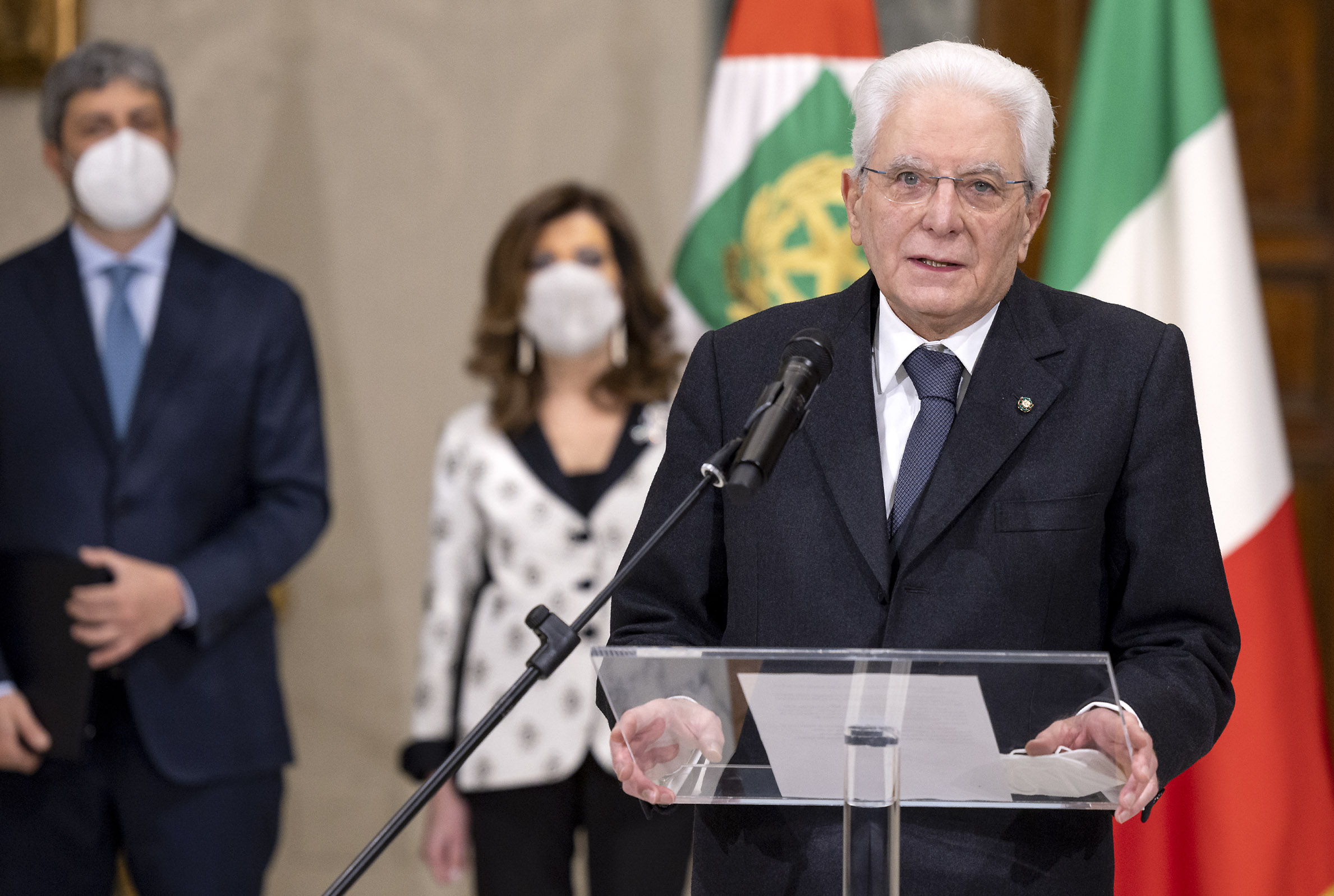Mattarella’s re-election seen by the German press

Here are the first reactions of the press in Germany to the news of Mattarella's re-election at the Quirinale. Pierluigi Mennitti's article from Berlin
The re-election of Sergio Mattarella as President of the Republic brings a sigh of relief to the German press. An anchor of stability, which brings with it at least another year of Draghi's government. For the Germans, who for the most part did not love him at the time of the ECB, the guarantee that the commitments made by Italy for financing the EU Next Generation can be respected. But the way in which the second term was reached made evident once again the difficulties of the parties and the lack of political leadership: open questions that will arise again from tomorrow and do not reassure the future of one of the pillars of the European Union.
“Not all is well when it ends well” is in fact the title of the comment published on the website of Redaktionsnetwerk Deutschland , a network of local social-democratic newspapers whose weight has grown considerably in the German media landscape in recent years. "At first glance it could be said that once again everything went well", writes the correspondent of the group from Rome, Dominik Straub: with Mattarella he was nominated for a second term "the best president of the Republic in recent decades", and even "the best prime minister of recent decades", Mario Draghi, remains in his post, "but this vote leaves a bitter aftertaste". And it raises questions for the future: the policy is weak and "the fact that parliament has not been able to agree on a successor, despite having proposed high profile names, is a certificate of inadequacy".
Inadequacy with which Italian politics (and the two renewed presidents, one with the vote, the other in fact) will have to deal in the coming weeks. Welt speaks of a "drama in eight acts", summarizing the long days of voting in smoke judging them "unworthy". Mattarella did not want to be re-elected, recalls the conservative daily, but "the leaders of the majority parties had to admit that they were unable to agree on the name of a new president". The old and new president did not in principle change his mind on the inappropriateness of a second term, but, Welt observes, "he must have gradually convinced himself that a refusal would have undermined the parties and the government itself, projecting doubts abroad. persistent on the stability of Italian politics ".
And after having elected Matteo Salvini as the great loser of this match, Welt casts many shadows on the future of Italy: “With the status quo the politicians have carved out a truce that won't last long. The next elections are scheduled for 2023, the electoral campaign will start by the end of this year at the latest and will further distance the already divided ruling parties. It is doubtful that these parties, with their weak leaders, will then be able to forge a stable coalition without Dragons, all the more so after this undignified electoral drama ”.
Spiegel also speaks of "absurd theater", who goes on to explain to his readers "why great voters and political leaders did not want Draghi to climb the Hill" and sees imminent difficulties for the stability of Italy, while the two main national newspapers , the Süddeutsche Zeitung and the Frankfurter Allgemeine Zeitung prefer for now to highlight the half-full glass of stability regained at the last lap.
The Frankfurt daily underlines how "Italy threatened to plunge into political chaos with these presidential elections" and traces the various candidates proposed by Salvini's League that have not found consensus in the center-left camp. That of Munich focuses mainly on the first consequence of this election: the survival of the government of Mario Draghi, which for the Süddeutsche – unlike the German conservative newspapers – was a point of reference even at the time of the leadership of the ECB. The notes to the protagonists of this competition made up of "somersaults" see, all the newspapers agree on this, a sound rejection for Matteo Salvini.
A double term for the President of the Republic does not arouse particular surprise in Germany, where the electors are preparing for the reappointment of Frank-Walter Steinmeier on 13 February. However, the German mandate lasts only 5 years and the powers of the president of the Federal Republic, although similar, are slightly more formal than those of the Italian president. Above all, the stability of the political system and the relative strength of the parties limits its action to the functions of pure representation. The German president is better known for speeches and warnings to society than for moral suasion on the composition of governments.
This is a machine translation from Italian language of a post published on Start Magazine at the URL https://www.startmag.it/mondo/rielezione-mattarella-reazioni-stampa-germania/ on Mon, 31 Jan 2022 06:47:02 +0000.
